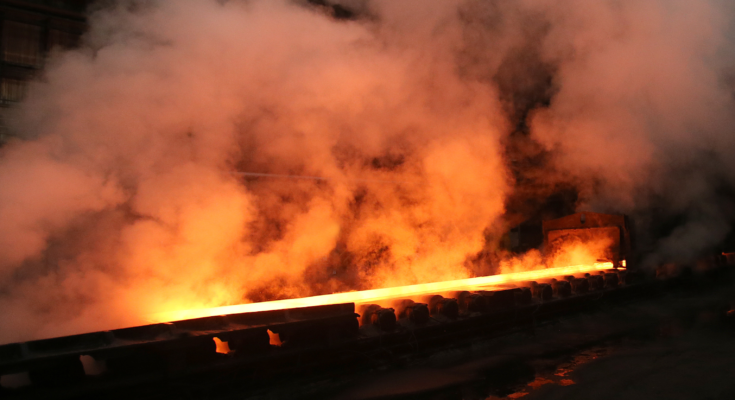On Tuesday, the Biden administration established the country’s first-ever Buy Clean Task Force. The organization will work with federal agencies, including the Departments of Defense, Energy, and Transportation, to source low-carbon construction materials from American factories. In part, it will do so by producing recommendations on incentives and technical assistance the federal government can provide to domestic manufacturers to better report and reduce their emissions. It will also help the government identify materials it should use as part of federally funded projects, and establish pilot programs to purchase those materials.
“Focusing on industry is a really big deal,” according to David Hart, a professor of public policy at George Mason University in Virginia. He told The New York Times the federal government had previously “neglected” to address greenhouse gas emissions produced by the “difficult and important” industrial sector. Part of the issue was that there was no single agency tasked with pushing companies that produce steel, aluminum, concrete and other important building materials to reduce their impact on the environment.
To that point, the US industrial sector is responsible for approximately one-third of all domestic greenhouse gas emissions. As the single largest consumer in the world, with an annual budget of approximately $650 billion to spend on goods and services, the federal government has a lot of buying power it can use to incentivize industrial players to change how they go about producing those essential materials.
With its landmark climate change legislation stuck in political gridlock, the Biden administration has turned to executive action to try and meet the president’s ambitious goal to cut domestic greenhouse gas emissions in half by 2030. For instance, it recently announced new measures to clean up and harden the US power grid by investing money in transmission line upgrades and smart grid improvements. Those efforts have put forward meaningful climate policy, but the scale of the climate crisis demands support from all parts of the federal government, not just the executive branch.
All products recommended by Engadget are selected by our editorial team, independent of our parent company. Some of our stories include affiliate links. If you buy something through one of these links, we may earn an affiliate commission.



